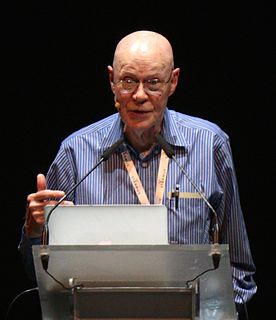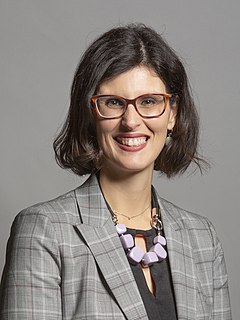A Quote by Venkatraman Ramakrishnan
I had an excellent math and physics teacher in high school named T.C. Patel, and in the university, I had truly dedicated professors in both physics and mathematics who gave me a sound foundation with which to pursue graduate studies.
Related Quotes
It seems that every practitioner of physics has had to wonder at some point why mathematics and physics have come to be so closely entwined. Opinions vary on the answer. ..Bertrand Russell acknowledged..'Physics is mathematical not because we know so much about the physical world, but because we know so little.' ..Mathematics may be indispensable to physics, but it obviously does not constitute physics.
The most important steps that I followed were studying math and science in school. I was always interested in physics and astronomy and chemistry and I continued to study those subjects through high school and college on into graduate school. That's what prepared me for being an astronaut; it actually gave me the qualifications to be selected to be an astronaut.
My high school career was undistinguished except for math and science. However, having barely been admitted to Rice University, I found that I enjoyed the courses and the elation of success and graduated with honors in physics. I did a senior thesis with C.F. Squire, building a regulator for a magnet for use in low-temperature physics.
When I finished my degree I became a physics and maths teacher. And worked in the international school in Brussels, because like many kids, after University I went home going 'ahhh I don't know what to do'. I happened to fall upon a job there because they were desperate for a physics teacher which is a common theme among many schools.
I still can't figure out what inspired me to do physics. But since I was nine or ten years old, I wanted to be like [Albert] Einstein. He was my hero. I knew no physicists. I knew no scientists. I had nobody around me. And I went to a convent that didn't even have higher mathematics and physics. I taught myself these subjects in order to get into university.
Although I was four years at the University [of Wisconsin], I did not take the regular course of studies, but instead picked out what I thought would be most useful to me, particularly chemistry, which opened a new world, mathematics and physics, a little Greek and Latin, botany and and geology. I was far from satisfied with what I had learned, and should have stayed longer.
When I began my physical studies [in Munich in 1874] and sought advice from my venerable teacher Philipp von Jolly...he portrayed to me physics as a highly developed, almost fully matured science...Possibly in one or another nook there would perhaps be a dust particle or a small bubble to be examined and classified, but the system as a whole stood there fairly secured, and theoretical physics approached visibly that degree of perfection which, for example, geometry has had already for centuries.
It is impossible to discuss realism in logic without drawing in the empirical sciences... A truly realistic mathematics should be conceived, in line with physics, as a branch of the theoretical construction of the one real world and should adopt the same sober and cautious attitude toward hypothetic extensions of its foundation as is exhibited by physics.
I became religious and at 14 went to a boarding school 500 miles from home to begin theological studies. By the time I started university, politics had replaced religion in the economy of my enthusiasms but I had no idea what to study. My boarding school emphasized languages which I was bad at, and deemphasized math and science which I was good at.





































